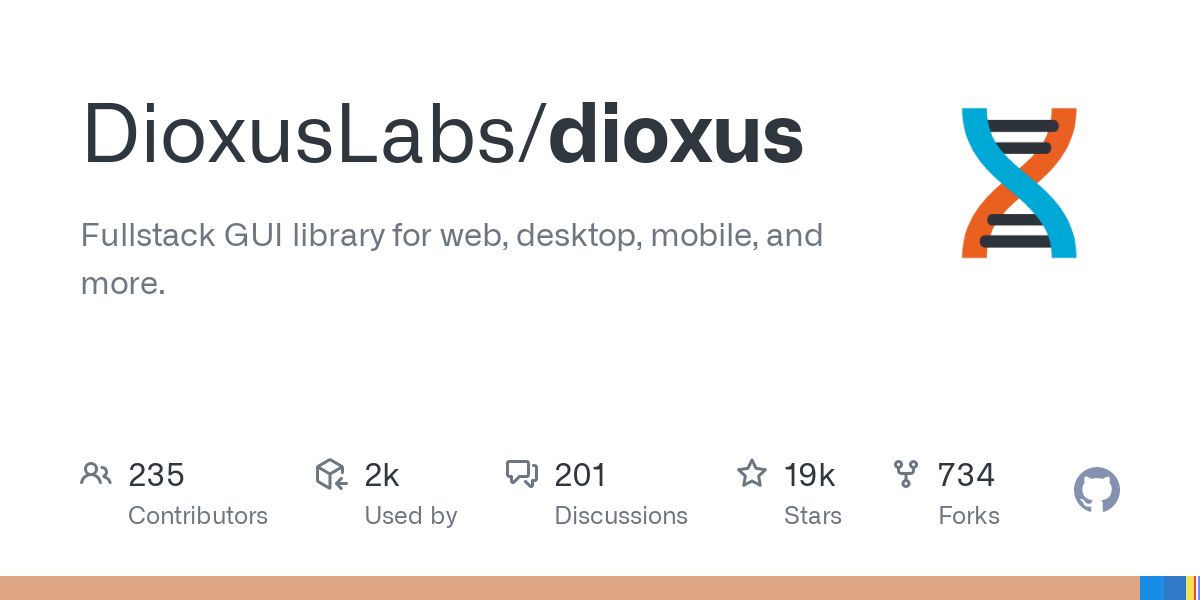

Eventually, painfully, slowly, we’ll move to memory-safe languages. It really is a good idea. Personally, though, I don’t expect it to happen this decade. In the 2030s? Yes, 2020s? No.
This. Unless the government starts introducing fines or financial incentives (like fines) to force the use of memory-safe languages, ain’t nothing gonna happen.





The U.S destroying its own economy. Who could’ve asked for a better Christmas present? With Trump at the helm next year, it’s only a question of time before trade partners tell the U.S to fuck off and they stop ignoring decisions like these.
Anti Commercial-AI license